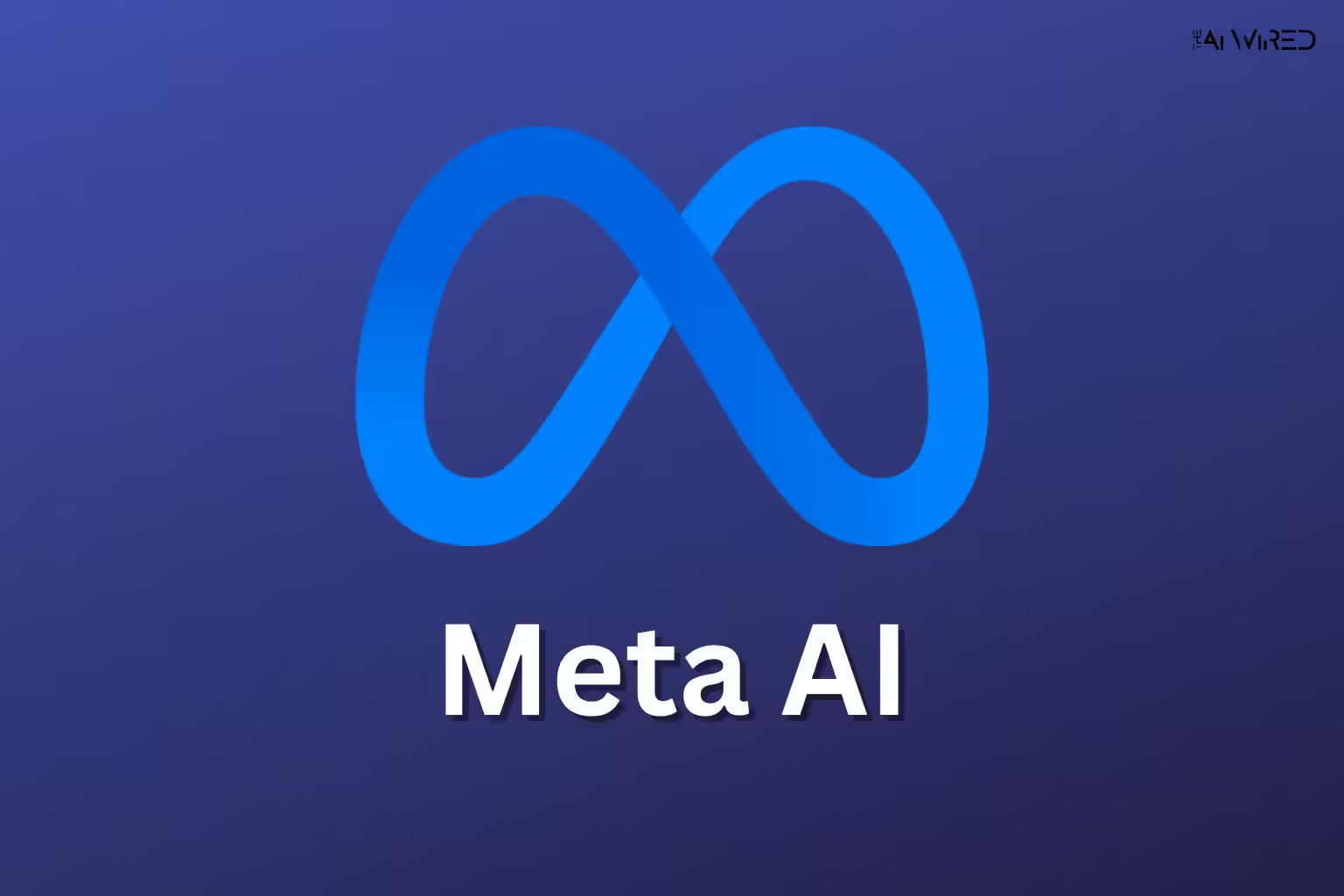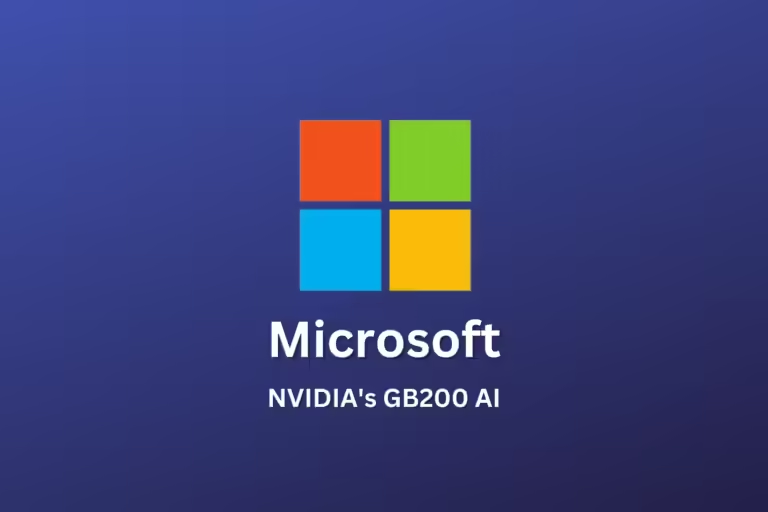
Meta AI Unveils OMat24: Revolutionizing Materials Discovery with AI Models
Meta AI releases OMat24, a huge dataset with advanced AI models to speed up the discovery of new materials and help solve world problems like climate change and technological progress.
The Open Materials 2024 (OMat24) collection was made public by Meta’s FAIR team. It is one of the most important scientific materials and tools that anyone can use. Scientists can now access data from Density Functional Theory (DFT) models in a way that has never been done before.
This will change the way they look for inorganic materials because the collection has more than 118 million atomic structures. Graph Neural Network (GNN) model EquiformerV2 was also released by Meta at the same time to speed up AI-powered material predictions.
Addressing Key Global Challenges Through Materials Science
The search for new materials is a necessity stepping towards a solution to world issues such as climate change and towards the development of the next generation of technologies. AI has several potential for use in this area but the progress has been slow because there are few existing datasets and they also lack pre-trained models. The OMat24 dataset and models from Meta are designed to fill this gap. It will eventually enable the authors to precisely forecast other significant material properties such as formation energies, as well as ground-state stability.
Over 110 million DFT formulas are stored in OMat24, which makes it a useful tool for scientists. The collection is mostly made up of inorganic bulk materials and includes both equilibrium and non-equilibrium atomic structures, which makes sure that all dynamic properties are covered. To make these shapes, methods such as Boltzmann sampling, ab initio molecular dynamics (AIMD), and structure relaxation were used. A lot of the periodic table is made up of these different atomic structures, each marked with its own set of energies, forces, and cell pressures.
Cutting-Edge AI Model: EquiformerV2
EquiformerV2, a GNN model based on the OMat24 dataset, can best guess how stable a material will be. On the Matbench Discovery leaderboard, it did better than other models. It got an F1 score of 0.916 and an MAE of 20 meV/atom. They show how helpful it is to learn on large, varied datasets such as OMat24.
Furthermore, models of EquiformerV2 trained with data augmentation strategies such as DeNS revealed that models with improved accuracy were utilized in the prediction process making AI even more helpful in identifying new material.
Meta’s OMat24 dataset and models are now available on hugging face as well as stages for models which has been trained. All of these tools were provided by the FAIR Chem team under Open Source licenses for many enthusiasts and teams that work closely in the Materials Science field. This should open new possibilities to progress in development of AI-assisted materials discovery and help researchers better tackle important global challenges.


